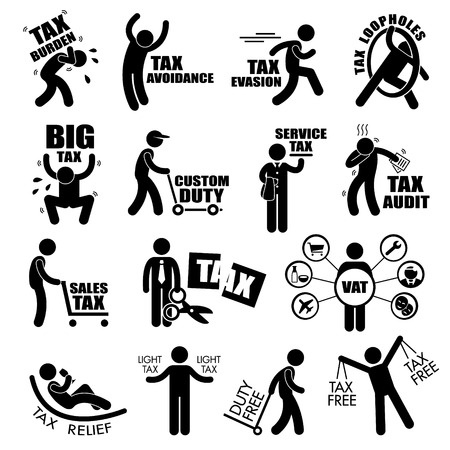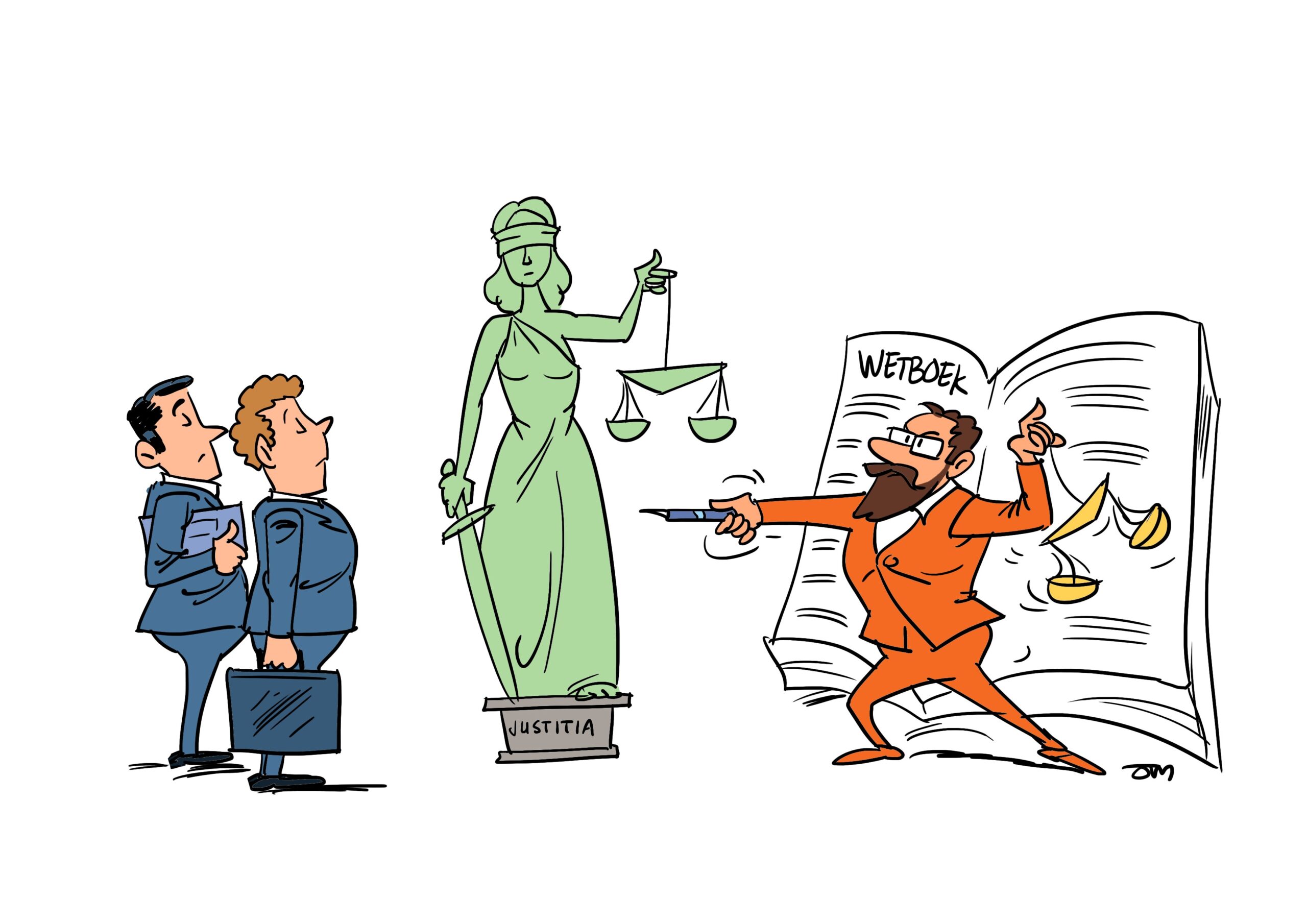Processing the bookkeeping is part of being an entrepreneur. Every quarter or month the entrepreneur needs to file the Vale Added Tax (VAT) return. In order to be able to file this VAT return, the bookkeeping needs to be in order. Just that is one of the aspects most entrepreneurs find difficult. They are good in selling their product or providing their service, but the back office bookkeeping is considered by some like pulling teeth.
Filing Value Added Tax return (VAT return)
We, the tax advisors, urge the client to provide well in time the bookkeeping, so that we can process this for the VAT return. Providing the bookkeeping implies you provide the receipts, the outstanding invoices and the bank statements. Based on this information we connect the receipts with the bank transfers and we match the outstanding debtors and creditors.
Debtors and Creditors
The entrepreneur on the other hand prefers to keep the outstanding invoices, so he or she can monitor when their invoices are being paid (debtors) and when they need to pay their outstanding invoices (creditors). By doing this the same time we would like to have the bookkeeping to file the VAT return, there is a mismatch in filing.
The following quarter/month when the next VAT return is filed the debtor/creditor invoices of the previous quarter/month are among the books as well, but not the current once. This is a on going mismatch that needs to be solved.
VAT Balance difference
This mismatch of debtor/creditor or simply not providing the full bookkeeping results in the amount of VAT actually paid to the tax office to be substantially lower then the outcome of the annual report based on the full bookkeeping. The annual report is created after the VAT return was filed and maybe with enough time for the entrepreneur to provide all invoices.
Hunt for VAT
The Dutch tax office never had the power to check the mismatch but now they have. So up to 2013 only when you had an audit, the tax office would notice a difference between the VAT amount due on the balance versus the VAT amount actually paid. Since 2013 the tax office can check and balance the VAT returns filed against the VAT mentioned on the annual report.
Apparently there are so many mismatches in the disadvantage of the tax office, that policy has recently been made on this issue.
Tax office policy wrongful filing VAT returns
If the annual report shows a VAT obligation that exceeds the actual amount of VAT paid with EUR 50.000, then immediately your books will be audited. Besides the VAT amount that is being collected you are due at least a penalty of 10% over this VAT amount, but that percentage can go up to 100% if the tax office can prove that it was your intention not to file or you deliberately did not file the correct VAT returns.
Please understand that the tax office will ask you rather simple questions. Questions such as “ Why have you not filed all the VAT invoices?” The answer to that question can quickly be interpreted that it was your intention not to file. “ I thought it was not so important” or “ I did not have time to address my attention to the matter”. Then the tax office will reply you were aware but simply did not make good the mistake. That is not the place you would like to be. Paying 100% penalty for not filing the correct return is huge.
Supplement VAT returns (suppletie aangifte)
If you have not filed a correct VAT return, you need to make such a correction via a so called suppletie aangifte. This additional return straightens out the differences.
Actually, the tax office will find it strange if your company never files such an supplement return for VAT. Because that would assume you never make mistakes, that is rather inhuman behavior. This could trigger the tax office to start an audit. Sometimes the logic of the tax office can be rather far fetched, as we have for instance many clients that have their papers in order, hence no need to file a tax return to straighten out any mistakes.
When a supplement return is filed within reasonable time, no penalty for late payment is issued. If the supplement return is due to you fault, you are really at fault, more than simple mistake, then a penalty up to 100% of the outstanding amount can be issued.
If the supplement return is done too late, but based on a mistake, the penalty for paying the additional VAT too late is 5%.
It goes without saying that you can also have made a mistake in the VAT return that was beneficial to the tax office. Also for such a mistake you need to make a supplement return and the amount you paid in VAT too much will be refunded to you.
VAT System
The above will be put in perspective when you know that the VAT is a system. The system is that you charge VAT to another company, then this company will claim this amount of VAT from the tax office. If you have not paid the VAT to the tax office that the other company is claiming from the tax office, the tax office is short of VAT. That is the reason why the tax office is hunting for outstanding VAT balances.
VAT is paid in the end by the private individual or the non VAT entrepreneur.
Orange Tax Services
For us it is common practice to match the last quarter VAT return or the last month VAT return with the balance stated in the annual report. This prevents the Dutch tax office hunting for the outstanding VAT. This implies that if the VAT return was incorrect, we file a supplement return the moment we are aware it was incorrect.





